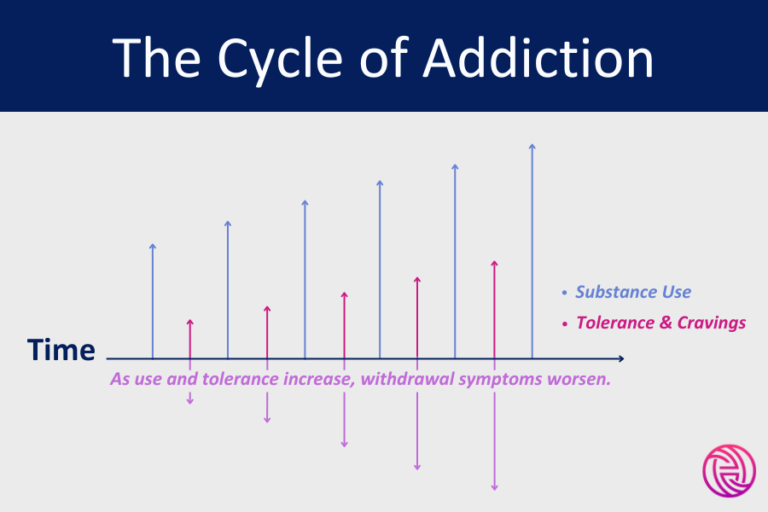Our goal is to provide education and insight on healthcare topics related to Substance Use Disorder. To ensure we provide accurate and trustworthy information, our writers follow strict editorial guidelines.
Solution-Focused Therapy: The Future of Transforming Care for Substance Use Disorder
The criminal justice system has long grappled with how to effectively manage individuals with Substance Use Disorder (SUD). Traditional punitive approaches often fail to address the underlying issues, leading to high recidivism rates and continuous cycles of incarceration and relapse. However, a promising evidence-based therapeutic approach known as Solution-Focused Therapy (SFT) is setting a new standard of care for the future, offering a more constructive and hopeful path for those struggling with addiction, particularly within the criminal justice system.
What is Solution-Focused Therapy?
Based on the evidence-based principles of Positive Psychology, Solution-Focused Therapy (SFT) is a short-term, goal-oriented therapeutic approach that emphasizes solutions and positive outcomes. SFT focuses on what clients want to achieve rather than fixating on their problems and the historical context of these issues. It encourages clients to envision their desired future so they can identify the steps needed to achieve their goals.
Historically, focusing on the past was a key component of traditional therapy. However, for individuals who have participated in multiple iterations of treatment, re-reporting (and often re-experiencing) trauma and adverse childhood events (ACEs) is less than desirable. These individuals and those who have been “part of the system” frequently express being “therapied out” because they are tired of sharing old stories and not getting past the why and how of where they ended up. They want to focus on their future by setting clear and measurable goals. That’s where Solution-Focused Therapy comes in.
The Key Principles of Solution-Focused Therapy
A Focus on Solutions, Not Problems
Therapists help clients identify their desired future and work to amplify their strengths and increase their resources in order to achieve their unique goals.
A Goal-Orientation Approach
Emphasis is placed on setting and achieving specific, realistic goals.
Building on Successes
Therapists and clients build on past successes and competencies.
Having A Positive Vision of the Future
Clients are encouraged to imagine a positive future and the steps required to reach it. This helps clients set achievable goals.
Solution-Focused Therapy in Practice
At Holon Health, we’ve seen SFT make a meaningful impact in people’s lives. From achieving their goals to sticking with recovery, this approach has had positive impacts for thousands of people. Take for example, Katie’s story.
Katie was 30 years old when her life took an unexpected turn after a Saturday night out with her girlfriends. She has two young children, so when her mom offered to babysit, she took advantage of a carefree evening. At the bar, she met a man who offered her a few lines of cocaine. She thought, “Not a big deal, why not, you only live once!” When the bar closed, she and her friends made the mistake of getting in her car to leave. Amped up on cocaine and maybe a drink too many, Katie hit a guardrail and soon the police were on the scene. She was arrested for DUI and possession as the police found the remainder of the cocaine in her car.
Instead of going to her job as a paralegal on Monday morning, Katie went to meet the judge. Soon, she was fired from her job because her legal problems reflected poorly on the firm that employed her. She fell behind on her rent and was quickly threatened with eviction. After being forced to move back in with her mom, Katie fell into a severe depression and received a 2nd DUI with her kids in the car. DCF was notified and she received probation and mandatory treatment including therapy. She was on a ride she could not get off of.
That’s where things changed.
Her therapist asked what success looked like to her. It looked like stability, a job, financial security, her children being with her and safe in their own home, and sobriety. “Have you experienced that before?” Her therapist asked. Katie relayed a time when she had that life and doing so made her feel great, motivated, and even nostalgic. Together, she and her therapist developed a solution-focused plan to get her back on track to that future. Given her previous paralegal and personal experience with the law, they talked about her going back to college, maybe pursuing law school. And while that was a big goal, they broke it down into incremental steps that she could succeed at achieving. This approach was naturally rewarding and it helped her keep focused. Today, she’s on the path to getting her law degree.
When to Use Solution-Focused Therapy Over Other Modalities
Solution-Focused Therapy should be used for clients who are disheartened by traditional therapy, reluctant to it, or for individuals who no longer want to focus on their past choices. SFT is most effective when clients have experienced success in the past and took a detour (aka a “decision detour”) that led them down a destructive or maladaptive path. Solution-Focused Therapy guides clients to re-achieve and even go beyond what previous success in their lives looked like.
Finding Solution-Focused Therapy for You or Your Clients
For criminal justice systems interested in using Solution-Focused Therapy for their clients, Holon Health can help. Holon Health is a healthcare company that bridges the gaps in care between physical, mental, and social health. We offer collaborative care and CBT/SFT to all clients covered by Medicare or Medicaid. If you are looking for a new solution, reach out to learn more or enroll in Holon today.



